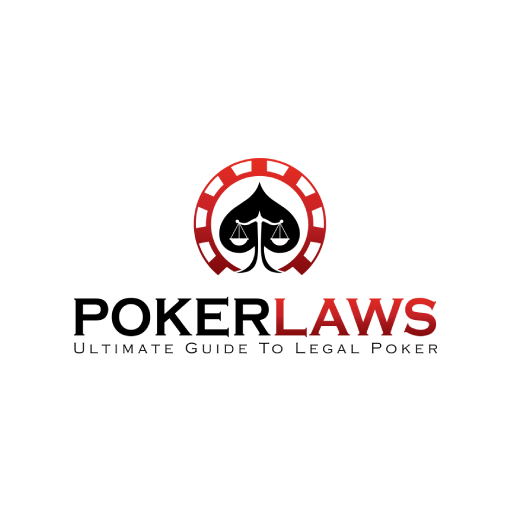
Summary:
- Poker pro player Dan Shak has settled with the Commodity Futures Trading Commission.
- Settlements comes two years after Shak was accused of allegedly “spoofing”
- The American player did not admit guilt.
American poker pro with a 139 GPI ranking, Dan Shak, has finally reached a settlement with the Commodity Futures Trading Commission (CFTC) two years after charges of alleged “spoofing” and deceptive manipulation in the gold and silver futures markets were brought to him.
No Guilt Admission
The high-stakes poker tournament player agreed to the settlement with the CFTC, without admitting guilt.
As he explained in a statement issued to PokerNews, while he was “confident” he could have prevailed at trial, he concluded
The right decision was to resolve the matter with no admission of wrongdoing and without the cost, delay, and distraction of protracted litigation.
Shak, whose total live earnings currently go over $13.5 million, further added
As part of finalizing the settlement, the CFTC required that I not deny their allegations, but I also do not admit them.
The poker pro explained he was “an active trader making millions of trades per year”, saying CFTC’s allegations “relate to a small fraction of trades” that allegedly took place between 2015 and 2018.
Shak concluded that after 45 years spent as a member “in good standing on the exchanges”, and following his retirement two years ago, “now is the right time” to put the matter behind him and enjoy the freedom to pursue new opportunities.
Shak wishes to avoid “litigation costs that would far exceed” the $750,000 fine he agreed to pay as part of the settlement on April 9.
Spoofing and Deceiving Manipulation in the Gold and Silver Futures Markets
The Las Vegas resident has been accused of allegedly placing hundreds of orders on gold and silver futures to cancel them before their execution.
According to court filings, Shak allegedly followed a general pattern of placing small orders of gold and silver futures which he intended to execute, then placed one or several larger resting orders on the market’s opposite side to cancel or “spoof” after the genuine order was filled.
CFTC accused Shak of being
Reckless to the fact that his Spoof Orders would send false signals of supply and demand into the market while deceiving or tricking other market participants.

